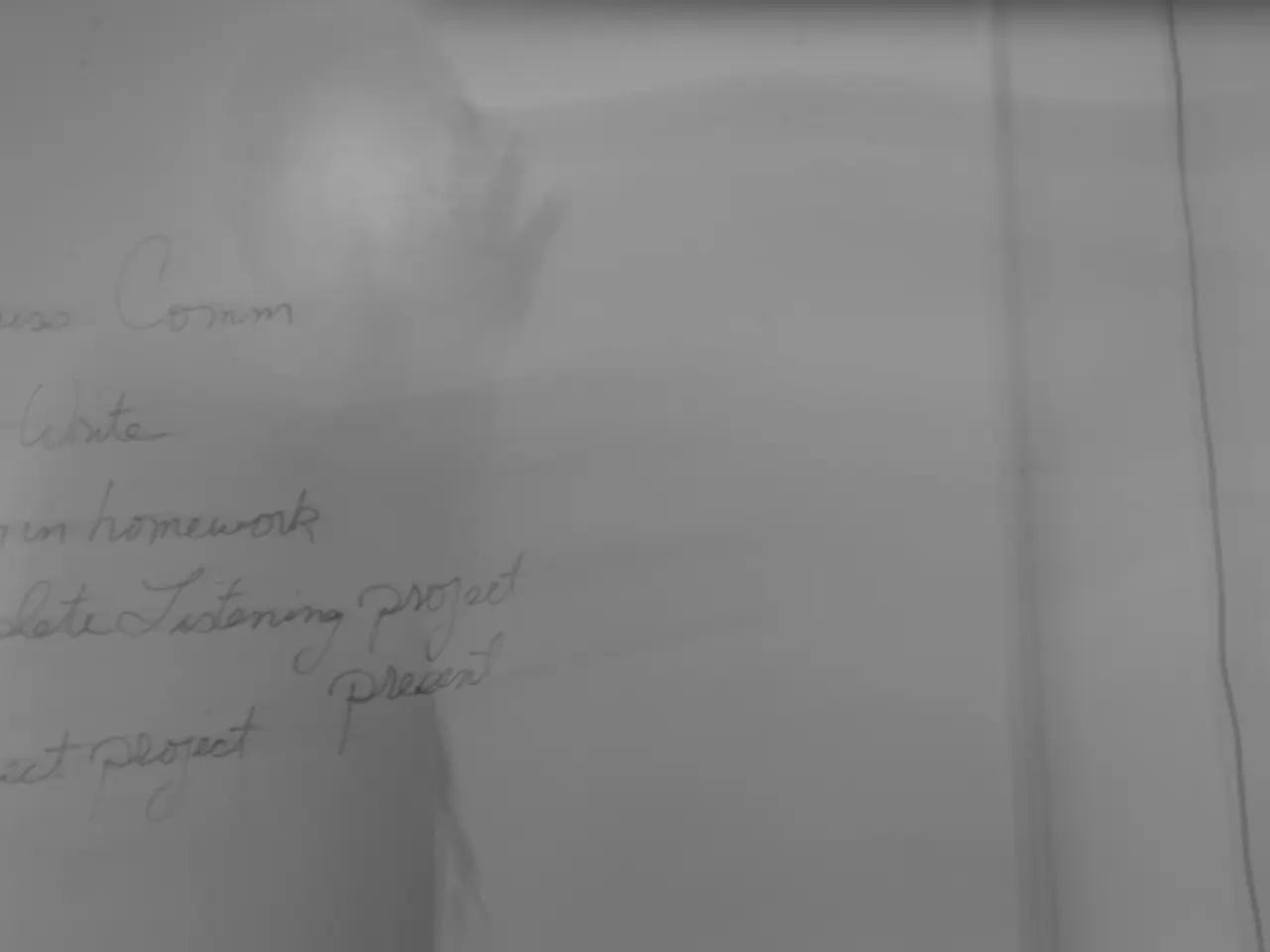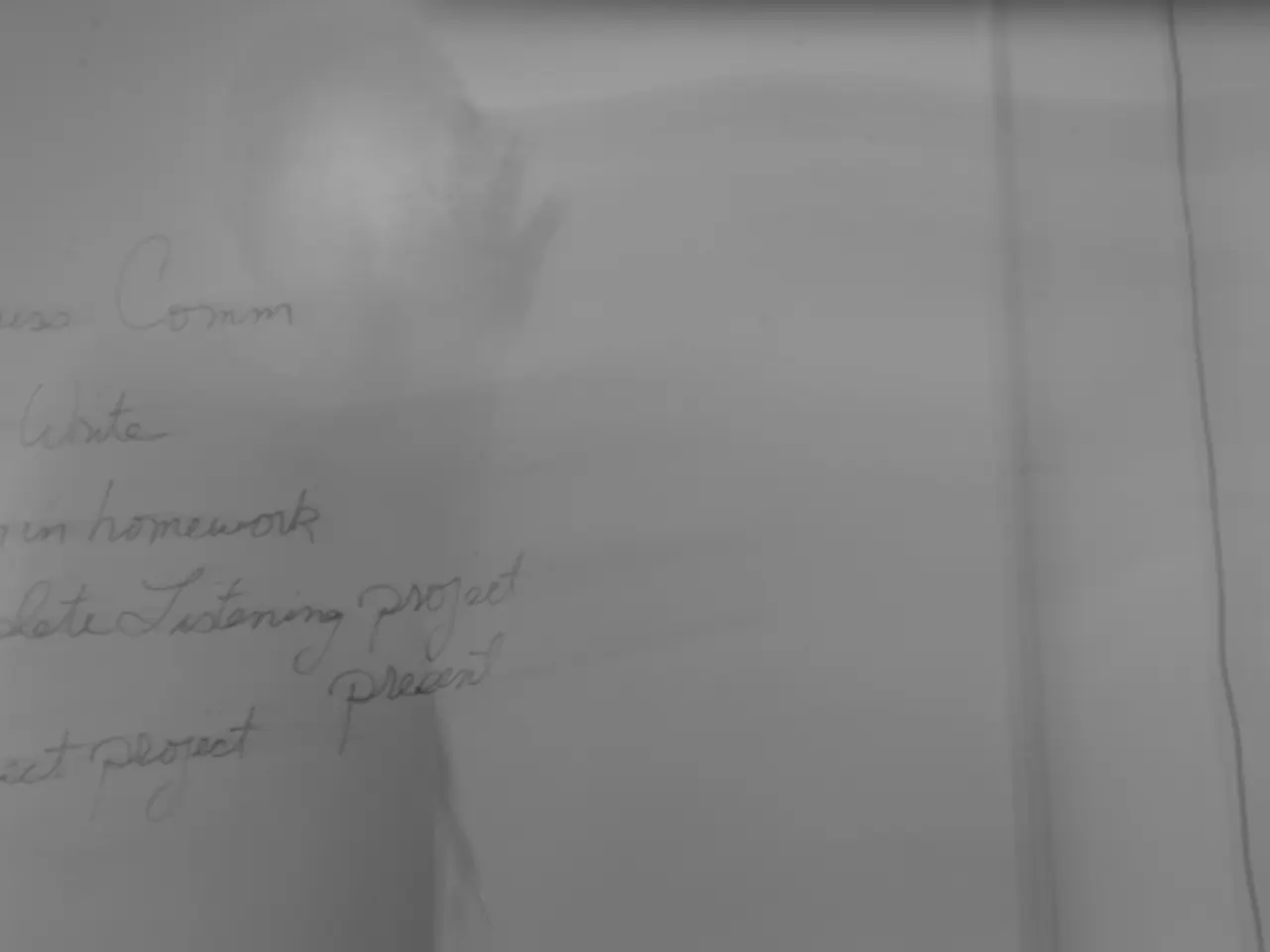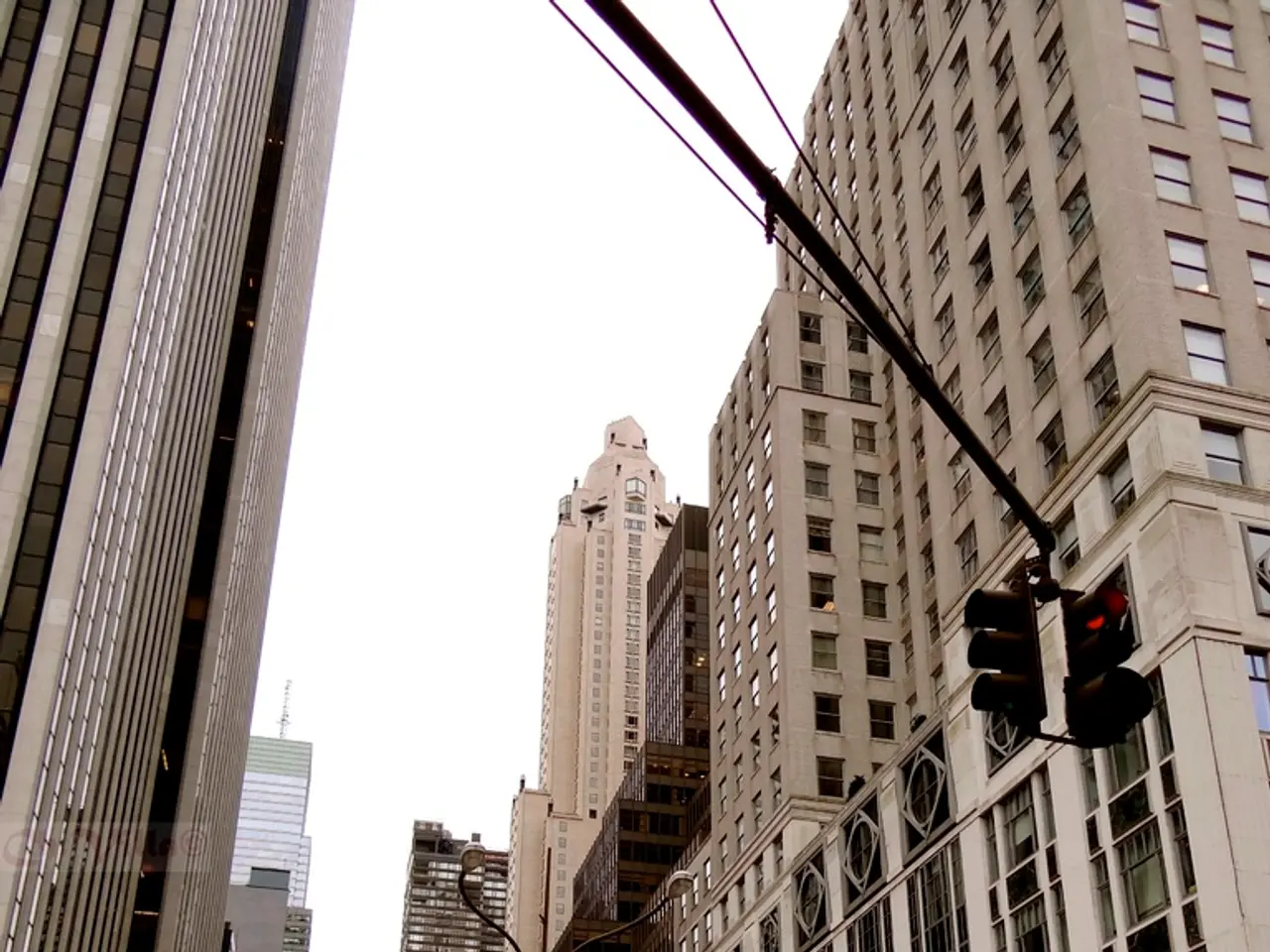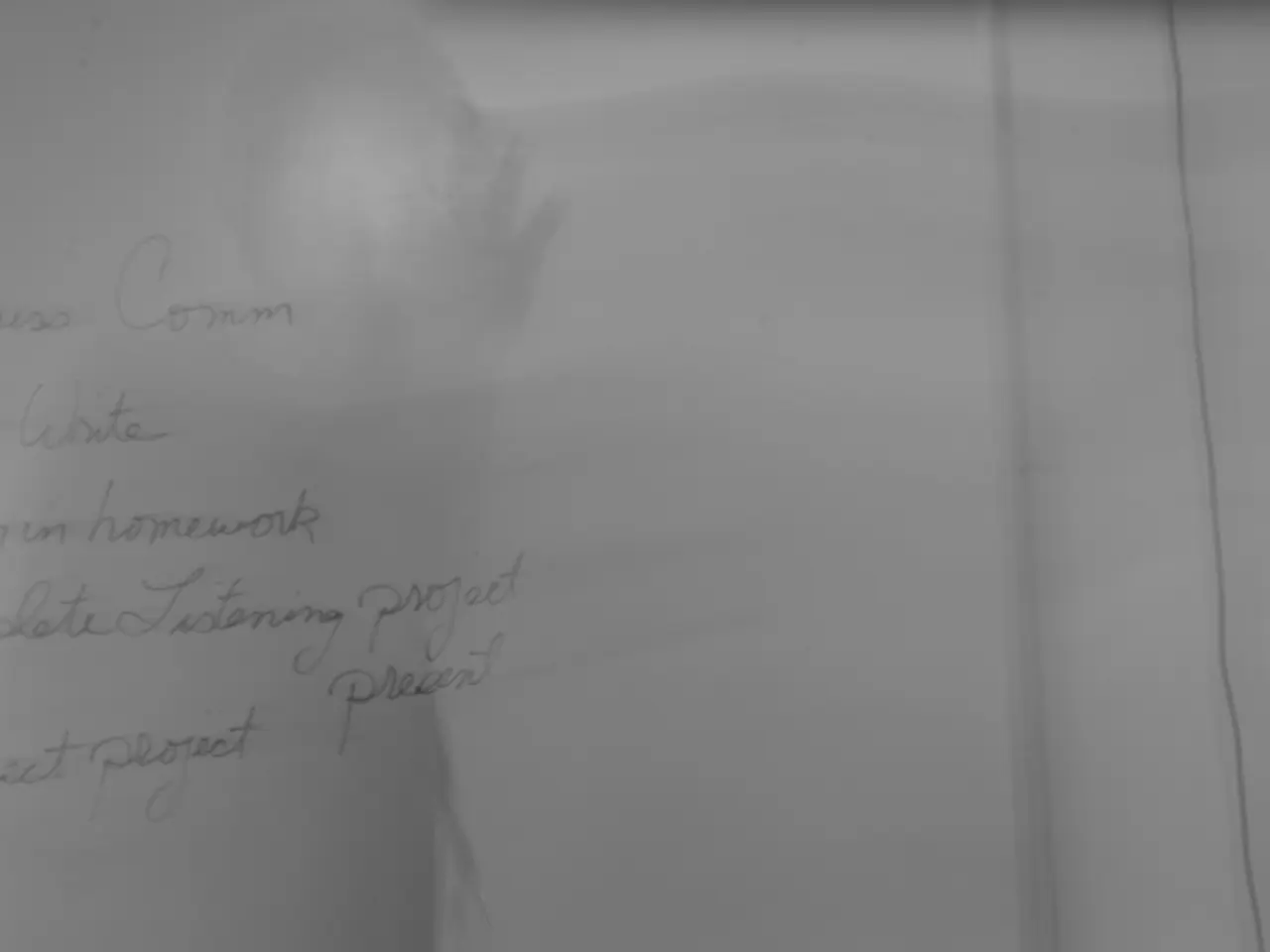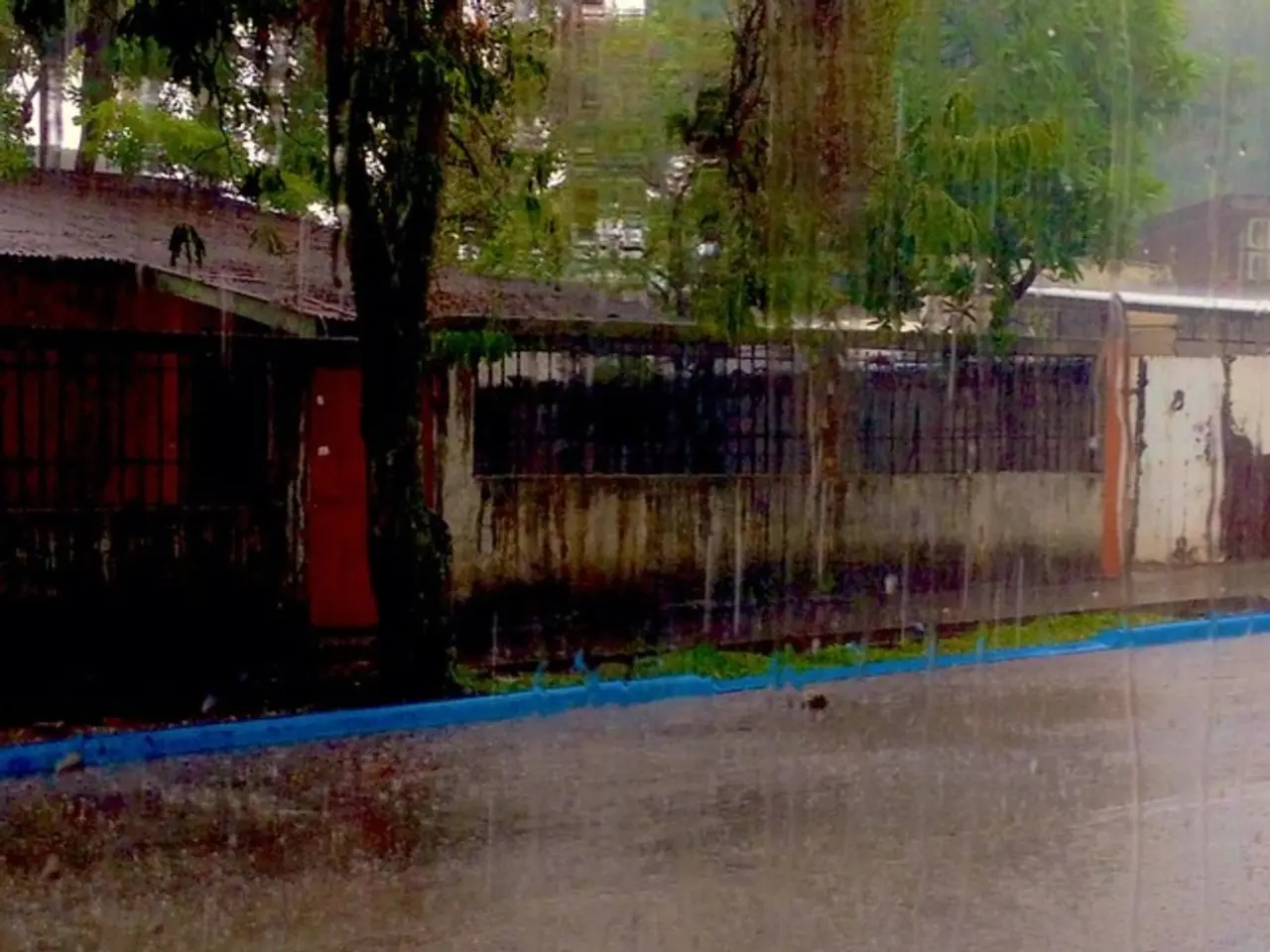High Court intensifies the tension in a panel discussion regarding redistricting in Louisiana
Supreme Court's Order Signals Potential Weakening of Voting Rights Act
The Supreme Court has issued an order to hear further arguments on Louisiana's congressional redistricting case, potentially signaling a weakening of Section 2 of the Voting Rights Act (VRA). The Court is questioning whether the intentional creation of a second majority-Black district to comply with Section 2 violates the Fourteenth or Fifteenth Amendments, suggesting that the conservative majority may be preparing to rule that creating such majority-minority districts is unconstitutional.
The case arises after a three-judge federal panel struck down Louisiana's 2024 congressional map as an unconstitutional racial gerrymander. The map, which currently includes two majority-Black districts for the first time in years, was created in response to prior Section 2 violations. In a state where about a third of the population is Black, the previous map only had one reliably electable district.
A group of self-identified "non-African American" voters led by Phillip Callais and 11 other plaintiffs filed a lawsuit, claiming the latest map violated the 14th Amendment. If the Court rules that Louisiana violated the Constitution, states would no longer be able to use the need to comply with the Voting Rights Act as a defense when considering race during the map-drawing process.
Section 2 of the Voting Rights Act bars voting practices or rules that discriminate against minority groups. In 2013, the court struck down a key provision of the VRA in a case from Alabama. However, in a 2021 case from Arizona, the Supreme Court further weakened the VRA. The latest order for new briefs on whether such race-conscious districts violate constitutional amendments suggests it may substantially curtail efforts to enforce minority voting rights through Section 2 compliance.
The legal question concerns whether Louisiana violated the 14th and 15th Amendments by citing the need to comply with the Voting Rights Act during the map-drawing process. The Supreme Court's 6-3 conservative majority has been receptive to arguments that the Constitution is "colorblind," meaning no consideration of race can ever be lawful, even if it is aimed at remedying past discrimination.
Rick Hasen, an election law expert, wrote that the order "appears to put the constitutionality of Section 2 of the Voting Rights Act into question." If the Court rejects that the VRA justifies race-conscious districting, this would significantly hinder protections for minority voting power under Section 2, potentially undermining the established approach that allowed states a "breathing space" to consider race in districting under Section 2.
The Supreme Court heard arguments in the Louisiana case on more technical, less contentious questions in March. However, a new order did not indicate whether they will hear another round of arguments before issuing a ruling. The Court is set to reaffirm the VRA as recently as 2023 in a congressional redistricting case arising from Alabama. The outcome of the Louisiana case could have far-reaching implications for minority voting rights across the United States.
- The Supreme Court's decision to question the intentional creation of a second majority-Black district in Louisiana's congressional redistricting case might lead to policy-and-legislation changes in war-and-conflicts and crime-and-justice sectors, as the Court could potentially rule that creating such majority-minority districts violates constitutional amendments, thereby weakening the Voting Rights Act and general-news discussions on minority voting rights.
- If the Supreme Court rules in favor of the plaintiffs in the Louisiana case, it could significantly impact politics and legislation concerning race-conscious districting, as states would no longer be able to use the need to comply with the Voting Rights Act as a defense when considering race during the map-drawing process, potentially leading to an increase in crime-and-justice incidents related to underrepresentation of minority groups in decision-making positions.
